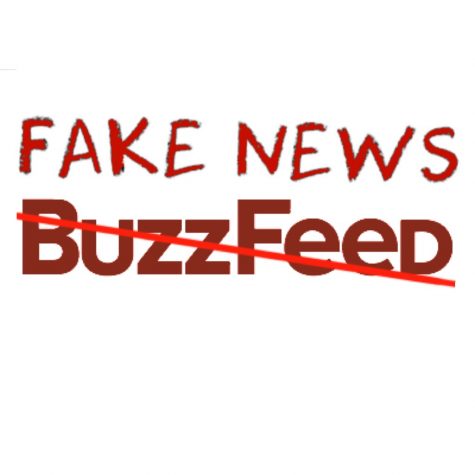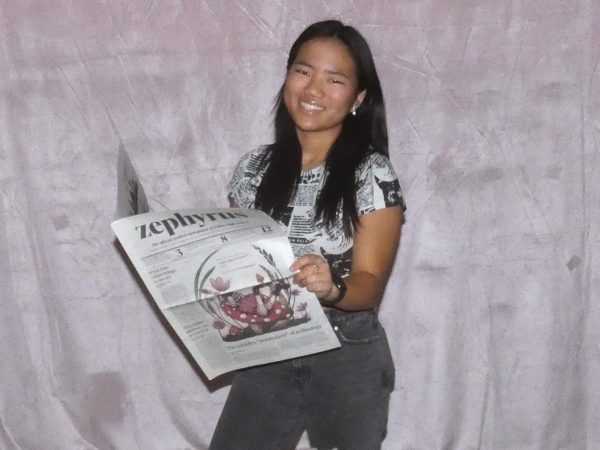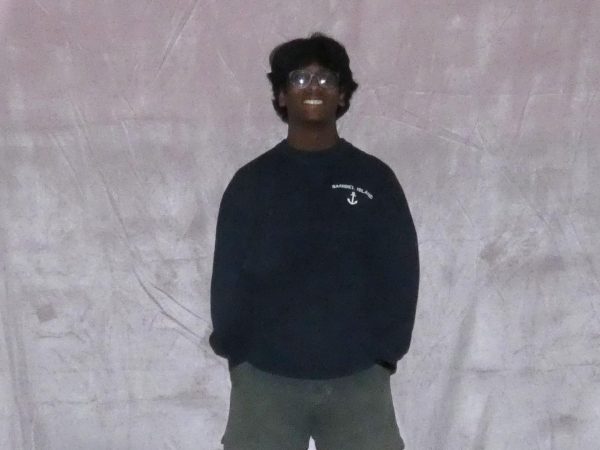Theo’s take on the nation: addressing the problem of money in politics
December 4, 2018
It’s midterm season across the nation, and Edina High School is no exception. With many seniors able to vote in the elections this November, it’s valuable to examine the electoral process and determine whether or not it’s living up to its promise. On one crucial issue, I would argue it isn’t, and I’m not alone. One hundred candidates for the House of Representatives have sent an open letter to Congress demanding that campaign finance reform is made a priority on the legislative agenda in 2019.
Concern over the amount of money in politics is nothing new and has only been growing more and more in recent years. Looking towards statistics related to campaign finance paints a grim picture. As the Center for Responsive Politics has recorded, only 0.3% of Americans make “large” contributions (exceeding $200) to the campaign cycle. This is especially unsettling given that $6.5 billion were spent on the 2016 election, with more than $2 billion coming directly from individuals at large corporations rather than PACs (Political Action Committees) or Super PACs, which channel money to donate to candidates.
The reason this matters is because money is essential to mounting a political campaign in 2018. A fundamental step in securing votes is spreading the candidate’s message to as many people in the electorate as possible. This will inherently cost money, whether it’s to pay for advertisements, hire staffers, or hold rallies and other events that the media will cover. The current system has devolved into an arms race with media coverage in the place of guns, where unless candidates can raise as much money as their opponents, it’s impossible for them to get the necessary visibility.
Because of this, courting donors is crucial for any candidate that wants to be elected. Essentially, extremely rich private donors are the ones that decide the outcomes of elections, making their interests paramount in the minds of politicians during the policymaking process. Furthermore, only wealthy, well-established citizens could hope to successfully run for office, meaning only a certain type of person is directly represented in Washington. The United States has essentially become a plutocracy, where only the richest in society can ensure their interests are being considered.
A serious problem is thereby created for the average American. Corporate donors and, to a lesser extent, consistently wealthy politicians all come from a select group who have different views from the rest of the populace. In general, they would support much lower taxes for the rich (which translates to higher taxes on the poor and middle-class), reduced welfare spending, and less economic regulation when compared to the common citizen of the United States. This makes the economy less stable for most people, and working-class people have no safety net while more money is being taken from their paychecks by the government.
The Supreme Court’s 2010 decision in Citizens United v. Federal Electoral Commission established that political spending is free speech, which means it can’t be limited in any way by the government. Overturning this precedent, either through the judicial branch or through an Act of Congress, is a critical first step the government should take.
Hopefully, such a measure could create momentum towards a larger reduction of the role of money in politics. Such a movement is imperative for elections in the United States to become truly democratic.









